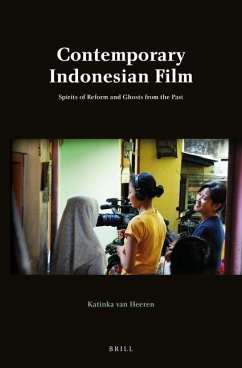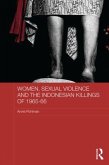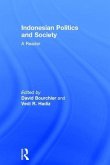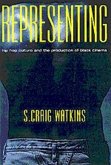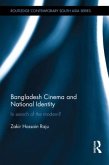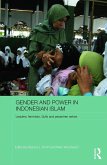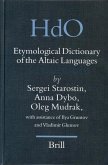This highly informative book explores the world of Post-Soeharto Indonesian audio-visual media in the exiting era of Reform. From a multidisciplinary approach it considers a wide variety of issues such as mainstream and alternative film practices, ceremonial and independent film festivals, film piracy, history and horror, documentary, television soaps, and Islamic films, as well as censorship from the state and street. Through the perspective of discourses on, and practices of film production, distribution, and exhibition, this book gives a detailed insight into current issues of Indonesia's social and political situation, where Islam, secular realities, and ghosts on and off screen, mingle or clash.
Hinweis: Dieser Artikel kann nur an eine deutsche Lieferadresse ausgeliefert werden.
Hinweis: Dieser Artikel kann nur an eine deutsche Lieferadresse ausgeliefert werden.

